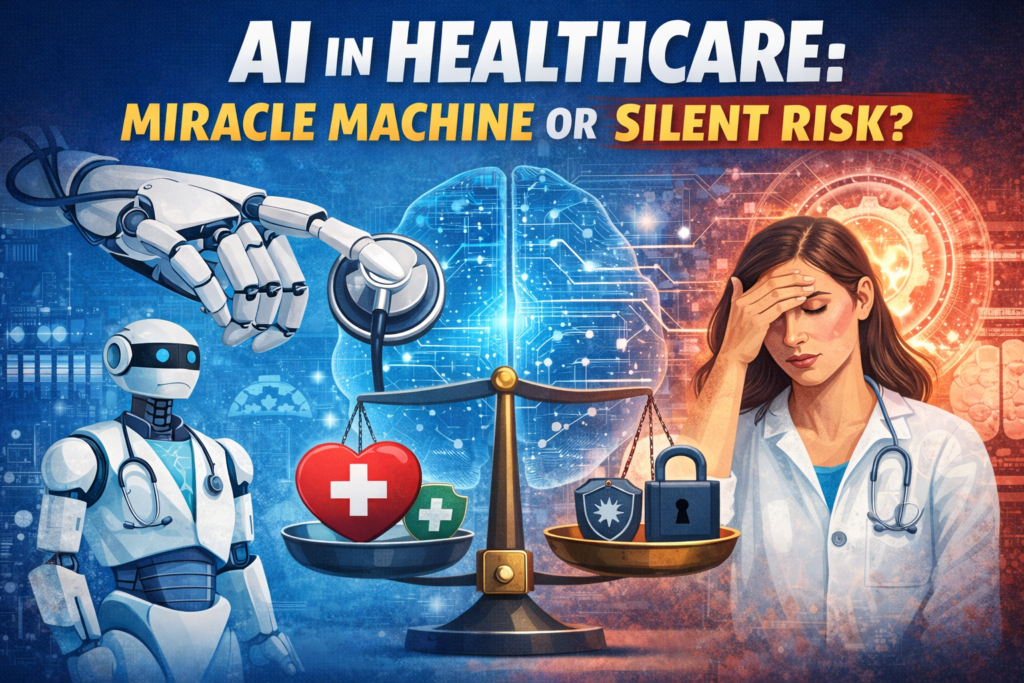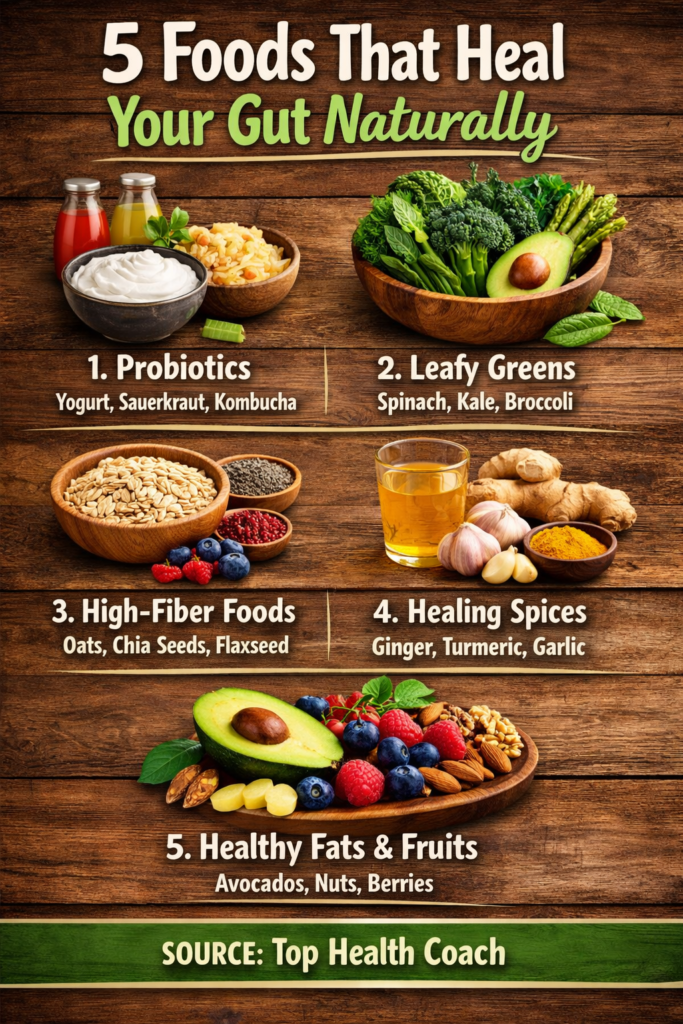Your heart is the engine of your body—keeping it strong and healthy is essential for living a long, active, and vibrant life. With heart disease being one of the leading causes of death globally, it’s more important than ever to focus on preventive care and healthy habits.
This guide covers everything you need to know about improving your heart health naturally—from nutrition and exercise to stress management and sleep.
Why Heart Health Matters
Your heart pumps blood, oxygen, and nutrients throughout your body. When your heart is healthy, your body performs better. But factors like poor diet, sedentary lifestyle, chronic stress, and smoking can lead to conditions such as high blood pressure, heart attacks, and strokes.
Fortunately, many of these risks can be reduced—or even reversed—by making healthy lifestyle choices.
1. Eat a Heart-Healthy Diet
Nutrition plays a vital role in cardiovascular health. Focus on:
- Fruits and Vegetables: Rich in antioxidants, fiber, and nutrients.
- Whole Grains: Oats, brown rice, and quinoa help manage cholesterol levels.
- Lean Proteins: Skinless poultry, fish, tofu, and legumes.
- Healthy Fats: Opt for nuts, seeds, avocados, and olive oil instead of saturated/trans fats.
Avoid:
- Processed foods
- Excessive salt and sugar
- Sugary beverages and fried foods
💡 Tip: Follow the DASH or Mediterranean diet for long-term heart support.
2. Get Moving: Exercise for Your Heart
Aim for at least 150 minutes of moderate-intensity aerobic activity weekly. Great options include:
- Brisk walking
- Cycling
- Swimming
- Dancing
- Low-impact aerobics
Regular exercise helps:
- Strengthen your heart muscle
- Lower blood pressure
- Improve blood circulation
- Maintain healthy body weight
💡 Tip: Even 30 minutes of walking a day makes a difference!
3. Maintain a Healthy Weight
Excess weight—especially around the belly—can increase your risk for high cholesterol, hypertension, and type 2 diabetes. All these factors put extra strain on the heart.
- Calculate your BMI (Body Mass Index)
- Focus on gradual, sustainable weight loss
- Avoid fad diets
4. Quit Smoking and Limit Alcohol
- Smoking damages your arteries, raises blood pressure, and reduces oxygen in the blood.
- Alcohol, in excess, raises triglycerides and blood pressure.
💡 Tip: If you smoke, seek professional help or support groups to quit. If you drink, limit it to one drink a day for women, two for men.
5. Manage Stress
Chronic stress increases cortisol levels, which can lead to inflammation and high blood pressure. Improve stress management through:
- Deep breathing
- Yoga or meditation
- Spending time in nature
- Hobbies and creative activities
- Therapy or counseling
💡 Tip: Laugh often—laughter improves blood flow and reduces stress hormones.
6. Prioritize Sleep
Poor sleep is linked to hypertension, obesity, and heart disease. Ensure:
- 7–9 hours of quality sleep nightly
- A consistent sleep-wake schedule
- Avoid screens an hour before bedtime
7. Regular Health Screenings
Monitoring your health allows early detection and better management of risks:
- Blood pressure
- Cholesterol levels
- Blood sugar
- Body mass index (BMI)
💡 Tip: See a doctor at least once a year, even if you feel fine.
8. Stay Hydrated and Avoid Excess Sugar
Water supports every function in your body, including circulation and kidney function. Avoid sugary drinks like soda and energy drinks, which add calories and spike insulin levels.
9. Take Care of Your Mental Health
Depression and anxiety are closely linked to poor heart outcomes. Seek support, talk to a mental health professional, and nurture positive relationships.
10. Know Your Family History
If heart disease runs in your family, you’re at higher risk. Share this information with your doctor for a personalized prevention plan.
✅ 20 FAQs About Heart Health
{ “@context”: “https://schema.org”, “@type”: “FAQPage”, “mainEntity”: [ { “@type”: “Question”, “name”: “How often should I check my blood pressure?”, “acceptedAnswer”: { “@type”: “Answer”, “text”: “Check your blood pressure at least once every 1–2 years if normal, more frequently if elevated.” } }, { “@type”: “Question”, “name”: “What foods help lower cholesterol?”, “acceptedAnswer”: { “@type”: “Answer”, “text”: “Foods like oats, fatty fish, almonds, and fruits high in soluble fiber can help lower cholesterol.” } }, { “@type”: “Question”, “name”: “Can walking improve heart health?”, “acceptedAnswer”: { “@type”: “Answer”, “text”: “Yes! Consistent walking—even 30 minutes a day—can significantly improve cardiovascular health.” } }, { “@type”: “Question”, “name”: “Does stress affect heart health?”, “acceptedAnswer”: { “@type”: “Answer”, “text”: “Yes. Chronic stress can contribute to high blood pressure, inflammation, and increased heart disease risk.” } }, { “@type”: “Question”, “name”: “Is sleep important for heart health?”, “acceptedAnswer”: { “@type”: “Answer”, “text”: “Getting 7–9 hours of quality sleep nightly supports heart health and reduces risk factors like hypertension and obesity.” } }, { “@type”: “Question”, “name”: “Are healthy fats good for the heart?”, “acceptedAnswer”: { “@type”: “Answer”, “text”: “Yes. Unsaturated fats from nuts, seeds, avocados, and olive oil support heart health when consumed instead of saturated and trans fats.” } }, { “@type”: “Question”, “name”: “Does physical activity make a difference?”, “acceptedAnswer”: { “@type”: “Answer”, “text”: “Regular physical activity—at least 150 minutes per week—helps strengthen the heart, improve circulation, and manage weight.” } }, { “@type”: “Question”, “name”: “Can quitting smoking improve heart health?”, “acceptedAnswer”: { “@type”: “Answer”, “text”: “Yes. Quitting smoking lowers blood pressure, improves blood flow, and reduces the risk of heart disease.” } } ] }1. How often should I check my blood pressure?
At least once every 1–2 years if normal, more frequently if elevated.
2. What is considered a normal heart rate?
Typically 60–100 beats per minute for adults at rest.
3. Are supplements good for heart health?
Some, like omega-3s and CoQ10, may help—but consult your doctor first.
4. Can walking really improve heart health?
Yes! Just 30 minutes a day can significantly reduce cardiovascular risk.
5. What foods help lower cholesterol?
Oats, fatty fish, almonds, and fruits high in soluble fiber.
6. Is red wine good for the heart?
In moderation, it may offer benefits—but not recommended if you don’t already drink.
7. Does stress really affect the heart?
Absolutely. Chronic stress can lead to high blood pressure and heart problems.
8. Can young people get heart disease?
Yes, especially if they smoke, eat poorly, or are sedentary.
9. Are heart attacks always painful?
No—some are silent or feel like indigestion, especially in women.
10. What is hypertension?
A chronic condition where your blood pressure is consistently high.
11. How can I lower my blood pressure naturally?
Reduce salt, exercise regularly, lose weight, and manage stress.
12. Is cholesterol always bad?
No. HDL is “good” cholesterol; LDL is the “bad” one you want to lower.
13. Should I avoid all fats?
No. Healthy fats (unsaturated) are good for the heart.
14. Does diabetes affect heart health?
Yes—diabetes significantly increases the risk of heart disease.
15. Can women experience different heart attack symptoms?
Yes—symptoms can include fatigue, nausea, jaw or back pain.
16. What is the DASH diet?
Dietary Approaches to Stop Hypertension—rich in fruits, veggies, and low-fat foods.
17. How does sleep affect my heart?
Poor sleep increases your risk for high blood pressure, stroke, and obesity.
18. Is high cholesterol genetic?
It can be. Lifestyle matters, but genes play a role too.
19. Can exercise reverse heart disease?
It can improve symptoms and reduce risks, though some damage may be permanent.
20. How can I get started with a heart-healthy lifestyle?
Start small: walk daily, eat more vegetables, cut processed foods, and see your doctor.
Final Thoughts
Heart health isn’t a one-time goal—it’s a lifelong commitment. The good news? Small changes lead to big results. Prioritize your heart today and invest in a future filled with vitality, energy, and longevity.
Remember: Your heart takes care of you every second of your life. It’s time to return the favor.



